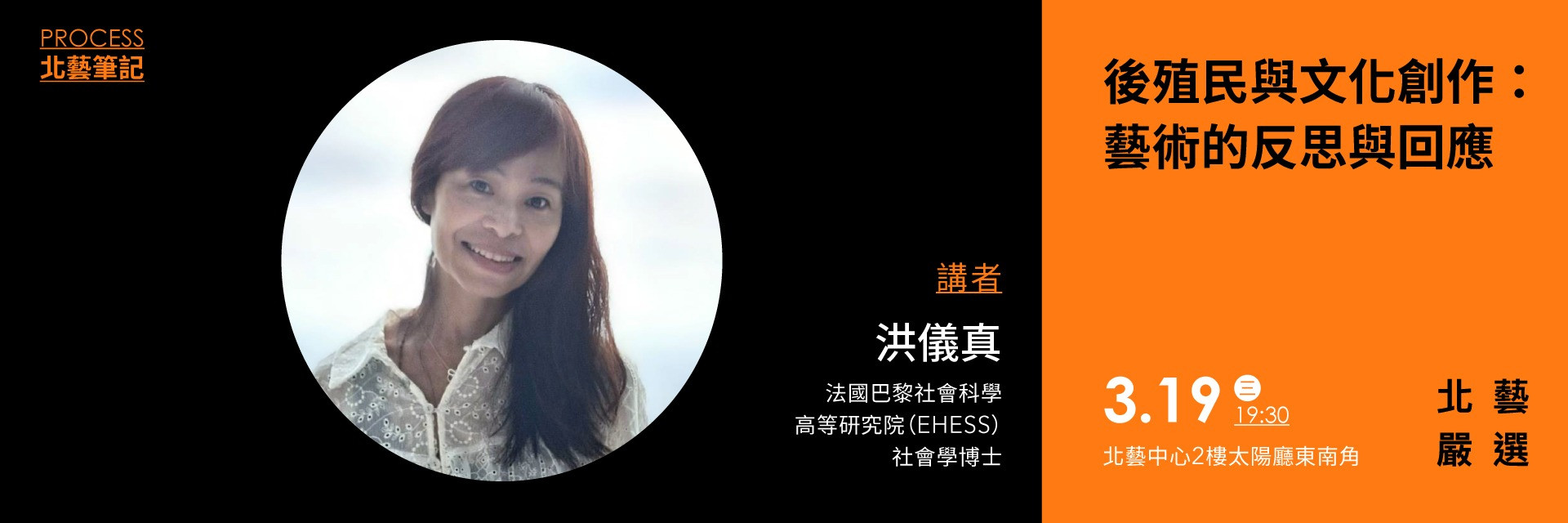This lecture explores postcolonial issues and cultural creation, examining how art reflects and responds to these challenges. It addresses the ways in which postcolonial theory redefines cultural identity and artistic expression, and highlights how artists use their work to resist and reinterpret suppressed histories and cultures. From literature to visual art, postcolonial creative practices not only engage with the memory of colonization, but also offer profound reflections on globalization, gender, and power structures.
The narrative in these works reveal the positions that the colonized have adopted regarding their identities. Meanwhile, audiences from different political contexts respond to postcolonial cultural creations in varied ways. The interpretation of such works often intersects with the immediate interests of established communities, marking the relationship between the art and its viewers as a central concern.
■ Speaker | Yi-Chen Hong
Yi-Chen Hong holds a PhD in sociology from the École des hautes études en sciences sociales (EHESS) in Paris, specializing in the sociology of art. She currently serves as an adjunct assistant professor in the Departments of Sociology at National Chengchi University and National Taipei University. She is also a board member of the Taiwan Association for the Sociology of Arts and Culture, as well as a lecturer at the Trend Education Foundation and Art Living Cafe. Her expertise spans the sociology of art, cultural sociology, French social theory, visual culture studies, and modernist art. Her translation works include Cafés de la mémoire (Chantal Thomas) and The Man Who Died (D.H. Lawrence), covering fields as diverse as literature, philosophy, religion, and sociology.
